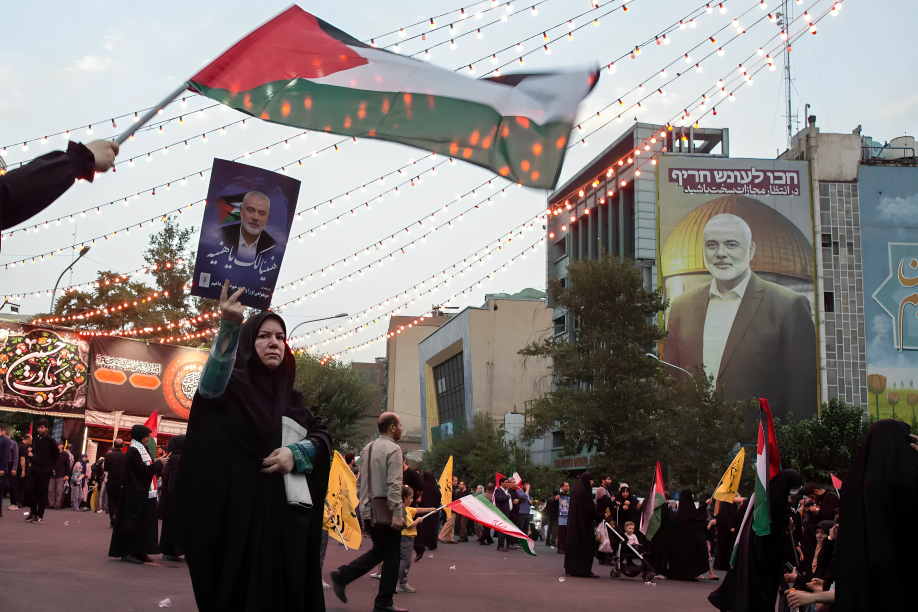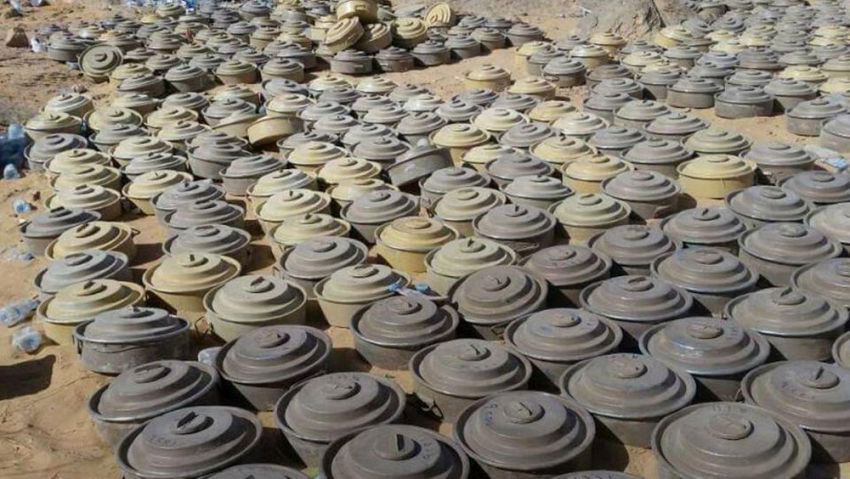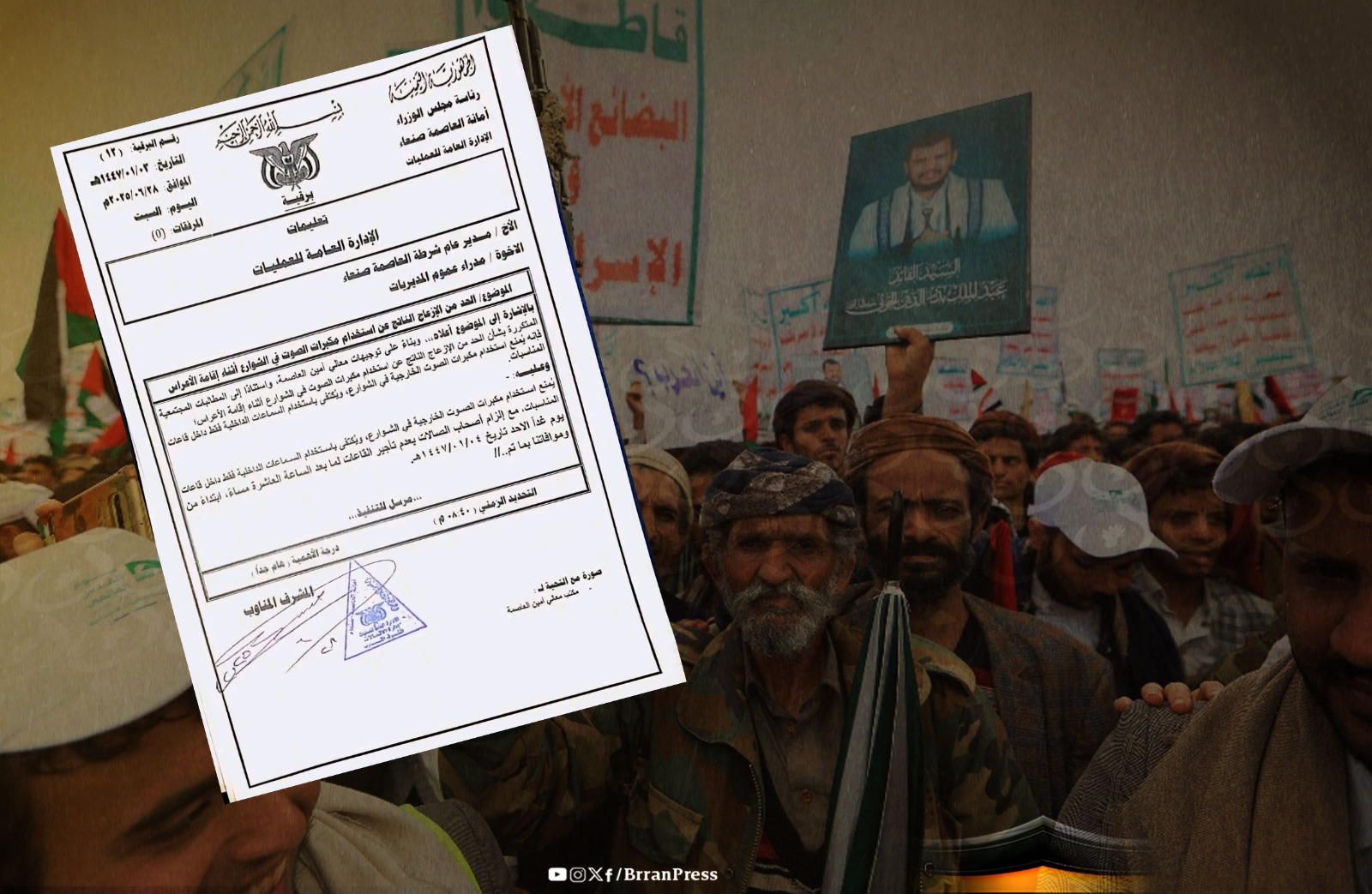
Barran Press
Following the assassination of Hamas leader Ismail Haniyeh in Tehran, Iranian officials are meeting with representatives of their regional proxies today, August 1st, to discuss a response, according to informed sources. Supreme Leader Ayatollah Ali Khamenei has reportedly ordered a retaliatory strike against Israel, viewing the assassination as a "strong slap" to Iran.
Five sources told Reuters that senior Iranian officials will meet with representatives of Iranian allies in Lebanon, Iraq, and Yemen to discuss a potential response to Israel. The region is on edge as tensions escalate between Israel and Iran and its proxies following the assassination of Haniyeh on Wednesday and the killing of a senior Hezbollah commander in a Tuesday Israeli strike on the outskirts of Beirut.
The New York Times reports that Khamenei has already ordered a response after the humiliating security failure. Iran is again balancing the need to demonstrate strength with the risk of escalation.
Three Iranian officials familiar with the matter told the Times that Khamenei ordered a direct strike against Israel in retaliation for Haniyeh's killing. This order was issued during an emergency meeting of Iran's Supreme National Security Council on Wednesday morning, shortly after Iran announced Haniyeh's death.
Iran and Hamas have accused Israel of the assassination. Israel, which is engaged in a war with Hamas in Gaza, has neither confirmed nor denied the killing. Israel has a long history of assassinating enemies abroad, including Iranian nuclear scientists and military leaders.
For nearly ten months, Iran has attempted to balance its pressure on Israel by increasing attacks by its allies and proxy forces in the region, while avoiding a full-scale war between the two nations. In April, Iran launched its largest and most overt attack on Israel in decades, firing hundreds of rockets and drones in response to an Israeli airstrike on its embassy compound that killed several Iranian military leaders in Damascus, Syria. However, this show of force was pre-announced, and almost all of the weapons were intercepted by Israel and its allies, causing minimal damage.
The strength of Iran's response remains unclear, and it is uncertain whether they will again temper their attack to avoid escalation. Iranian officials believe that military leaders are considering another joint drone and missile attack on military targets around Tel Aviv and Haifa, but they will be careful to avoid civilian targets.
One option under consideration is a coordinated attack from Iran and other fronts where it has allied forces, including Yemen, Syria, and Iraq, to maximize impact. Officials say that Khamenei, who has the final say in all state affairs and is also the supreme commander of the armed forces, has instructed military leaders from the Revolutionary Guard and the army to prepare attack and defense plans in case the war expands and Israel or the United States strikes Iran.
The New York Times describes Haniyeh's assassination in Tehran as a humiliating security breach for a country eager to demonstrate its strength but long frustrated by its inability to prevent Israel from carrying out covert operations on its soil. The embarrassment was compounded by the fact that Haniyeh, along with other allies, was attacked in a heavily guarded Revolutionary Guard guesthouse on a day of heightened security measures in the capital.
Iranian officials do not view Haniyeh's assassination as just a reckless killing of an enemy by Israel, but also as an insult to their security apparatus, suggesting that anyone in Iran, at any level, can be targeted and killed.
Analysts believe that Iran sees retaliation as necessary not only to avenge Haniyeh's death, but also to deter Israel from killing other powerful enemies, such as Hezbollah leader Hassan Nasrallah or Quds Force commander General Esmail Qaani, who oversees armed groups outside of Iran.
Early Wednesday, Hamas announced Haniyeh's assassination in a "treacherous Zionist raid" on his residence in Tehran, after he attended the inauguration of Iran's new president on Tuesday. Iranian state television confirmed Haniyeh's death in Tehran, explaining that an investigation was underway and the results would be announced soon.
Hamas announced that a formal and public funeral will be held for Haniyeh in Tehran on Thursday, before his body is transferred to Doha for a funeral prayer and burial on Friday.
Haniyeh's assassination in the Iranian capital has been widely condemned by Arab and international countries, amidst warnings of escalation in the Middle East.
Since its founding in 1987 to resist the occupation, Israel has assassinated a number of its prominent leaders, including Sheikh Ahmed Yassin (the founder), Abdel Aziz al-Rantisi, Saleh al-Arouri, Ahmed al-Jabari, and Salah Shehada.
Haniyeh's assassination comes as Israel, with American support, wages war on the Gaza Strip since October 7th, resulting in over 130,000 Palestinian casualties, most of them children and women, and over 10,000 missing.





